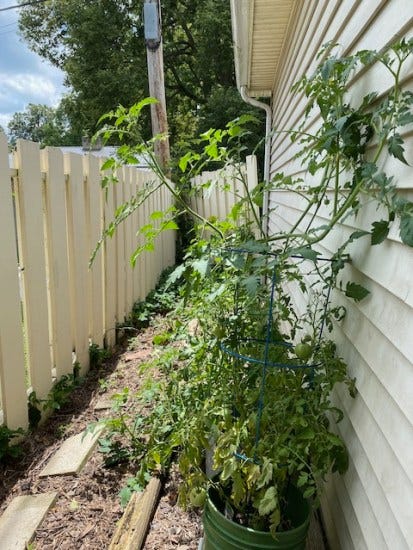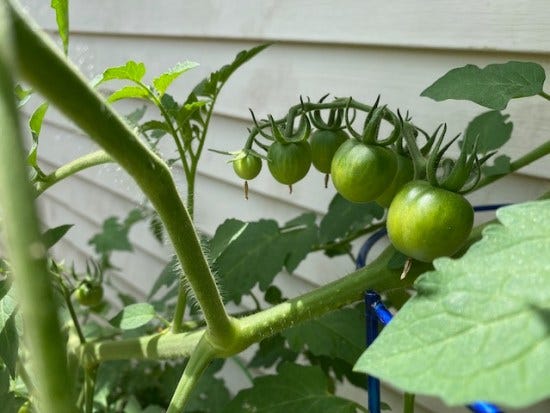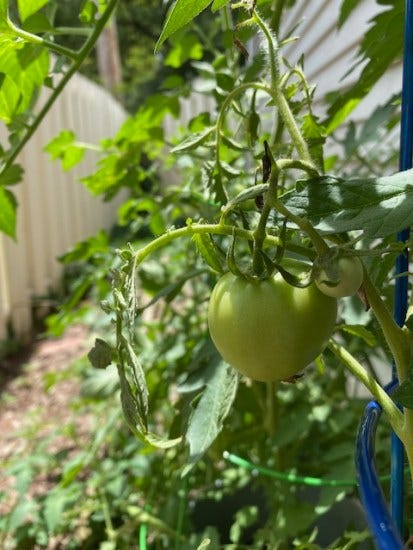The Wonder of Hope
The Benefit of Living in Darkness
Do a quick search of the headlines lately, and there appears to be a lot of hope in our world these days.
Religious Groups Received $6-10 Billion In COVID-19 Relief Funds, Hope For More
Researchers Hope Experimental Gene Therapy Is An Answer To A Fatal Genetic Disorder
EU Leaders Meet In Hopes Of Closing Divisions Over COVID-19 Relief Package
Frederick Douglass Documents, Newly Acquired By Yale, Reveal ‘Hope For The Country’
Democrats Hope To Win Over Kent County, Mich., In November
Minneapolis Family Hopes For Justice Despite Losing Business To George Floyd Protests
In politics, in protests, and even in the middle of a pandemic, people are hoping for lots of things. Could these headlines be an encouraging sign that things are not as bad as they could have been? Does this mean that the effects of all the negativity in our country are gently slipping off us like rain off a slicker? Or is the presence of hope actually a sign of something different?
::
Over the past four years, I’ve been trying to grow vegetables on our tiny postage stamp lot. We live in the heart of our small Indiana city, and our neighbors on either side are separated by only a driveway. Our front yard would barely be large enough for a queen size bed, were we so inclined to sleep there, and our fenced-in backyard comprises a garage, a patio, and just enough grass for the dogs to walk around and do their business.
Plus, the trees. We live in an old growth area, which is wonderful except in three instances: during storms when the trees sway and lose their branches, in the fall when the beautiful leaves drop and the raking never ends, and in the spring when it’s time to plant a garden. Though I persist year after year in sowing a tomato plant here and some basil seeds there and in filling our landscape beds around the house with strawberry plants and cucumber vines, really there’s too much shade to give it a real go. Sure, we enjoy a few cherry tomatoes and a couple of cucumbers most years, and for months I enjoy running outside for herb clippings when I’m cooking soups and sauces, but other than that, gardening has been mostly a disappointment here.

Except year after year I began to notice something. In the narrow space between the east side of the garage and our fence, the weeds seem to have no trouble at all growing lush and tall. By summer’s end, we usually have to cut down several young saplings that have sprung up, and the weeds are almost as tall as the fence. What if I tried to grow vegetables in that space? I wondered. So last fall, I chopped down as much of the overgrowth as I could, covering the area with straw and leaves. I left a narrow walkway so I could get all the way to the back, and I partitioned the rest off with old pieces of wood. When I surveyed my work, I saw the beginnings of something possible.
When spring came along, rather than spend time and money hauling in the large amount of soil and plants needed to fill the whole space, I simply filled two buckets with soil, planted tiny tomato plants, and waited. After years of gardening frustration, these small efforts felt like hope.
::
It’s easy to confuse hope with optimism. “Optimism says that everything will be fine no matter what,” writes Rebecca Solnit, “just as pessimism says that it will be dismal no matter what,” Optimism springs from a well of ease and luck, or maybe just good genes. It’s based on past experiences where things did turn out fine, so with no evidence to the contrary, it continues on with its ideal expectations for the future.
Hope is different. Hope is born in the shade, when the absence of light might otherwise leave us stunted. Instead, the darkness propels us to seek out bright spots, to find those places, however narrow, where the sunlight can break through. “Hope is a sense of the grand mystery of it all,” writes Solnit, “the knowledge that we don’t know how it will turn out, that anything is possible.”
I like how Paul describes hope in the book of Romans: “Hope that is seen is no hope at all. Who hopes for what they already have?” Actually, hoping for what we already have sounds a lot like optimism. “But if we hope for what we do not yet have, we wait for it patiently” (Romans 8:24-25, emphasis mine). Of course this hope Paul speaks of is for the redemption of all things, a hope of all hopes that’s definitely worth waiting for. But even our smaller hopes—hope for healing or a restored relationship or a new job or even a productive garden—grow stronger in the waiting because they are born out of our needs and sorrows.
Earlier in Romans Paul speaks more plainly about how hope emerges. He says we can glory, or rejoice, “in our sufferings” because they are producing something important in us: perseverance. And perseverance—a good Bible word that just means hanging in there when things are hard—produces character, and character, that most elusive of qualities that is proven only in its testing, produces hope. “And hope does not put us to shame, because God’s love has been poured out into our hearts through the Holy Spirit, who has been given to us.”
But it all takes time, so much time, and the hope which we think we need the most at the beginning of our sorrows actually might not grow to its full potential until we’ve been sorrowing for a while. Or maybe after many different sorrows. You might even say we get by with optimism until we’ve had enough suffering in this life to help us truly learn to hope.
::

After a few months, I’m happy to report that my tomato experiment has paid off. That narrow passage on the side of the garage gets far more sunlight than anywhere else on our property. We’ve already enjoyed several tomatoes, and the vines are loaded with lots more green ones.
More than a gardening success, though, this small exercise of hope, born out of low-level disappointment, has recalibrated my heart toward the practice of waiting expectantly on God from within my sorrows. It takes little more than optimism to pray that God would arrange for things to turn out okay in my life. And I do pray these kinds of prayers often enough. But it takes hard-won hope to ask God to help me turn out okay despite my circumstances and in the middle of hard times.
And after the year we’ve all had, it’s no wonder that so many of us are leaning so hard into hope.



